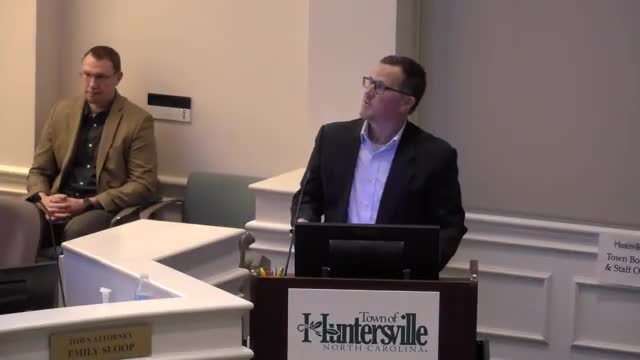Article not found
This article is no longer available. But don't worry—we've gathered other articles that discuss the same topic.
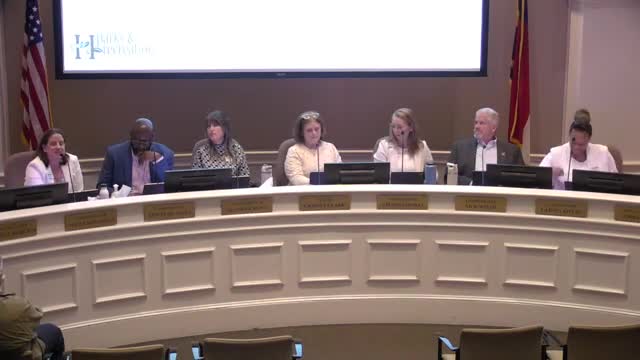
Huntersville board directs staff to study governance changes and adopts 2025 legislative priorities
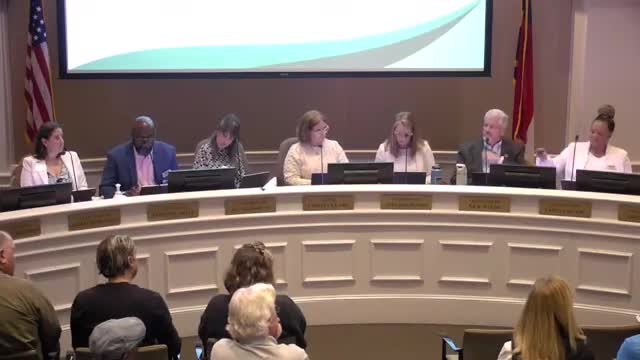
Public comment at Huntersville meeting shows division over proposed nondiscrimination ordinance
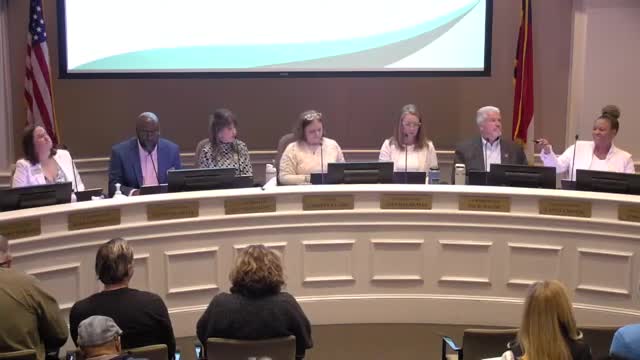
Residents split on proposed Birkdale (Birkdale/Birkdale Village) redevelopment during packed public comment period
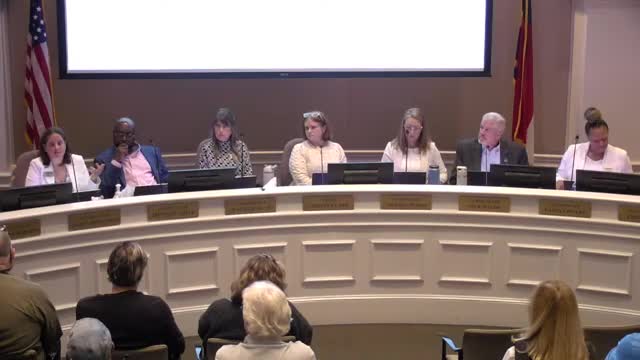
Blythe Landing rezoning would add 17 single-family lots and a pedestrian link to Blythe Landing Park
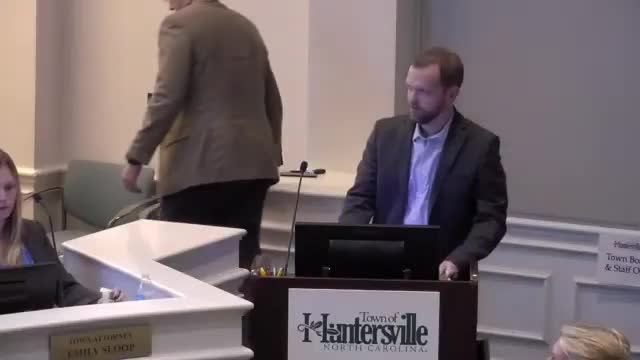
Mission Properties seeks mixed-use ‘Stumptown’ project with 247 units, offers 16 attainable rentals
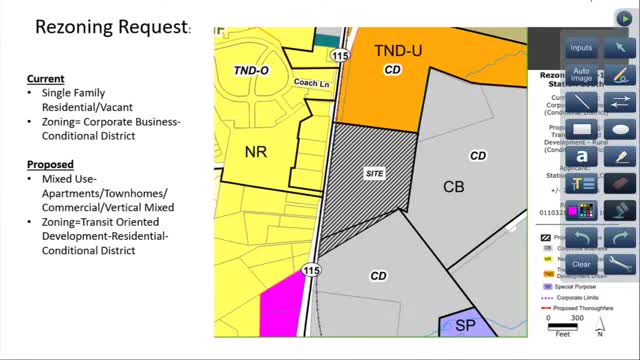
Developer proposes 348-unit Station South transit village anchored by proposed 'Red Line' stop
